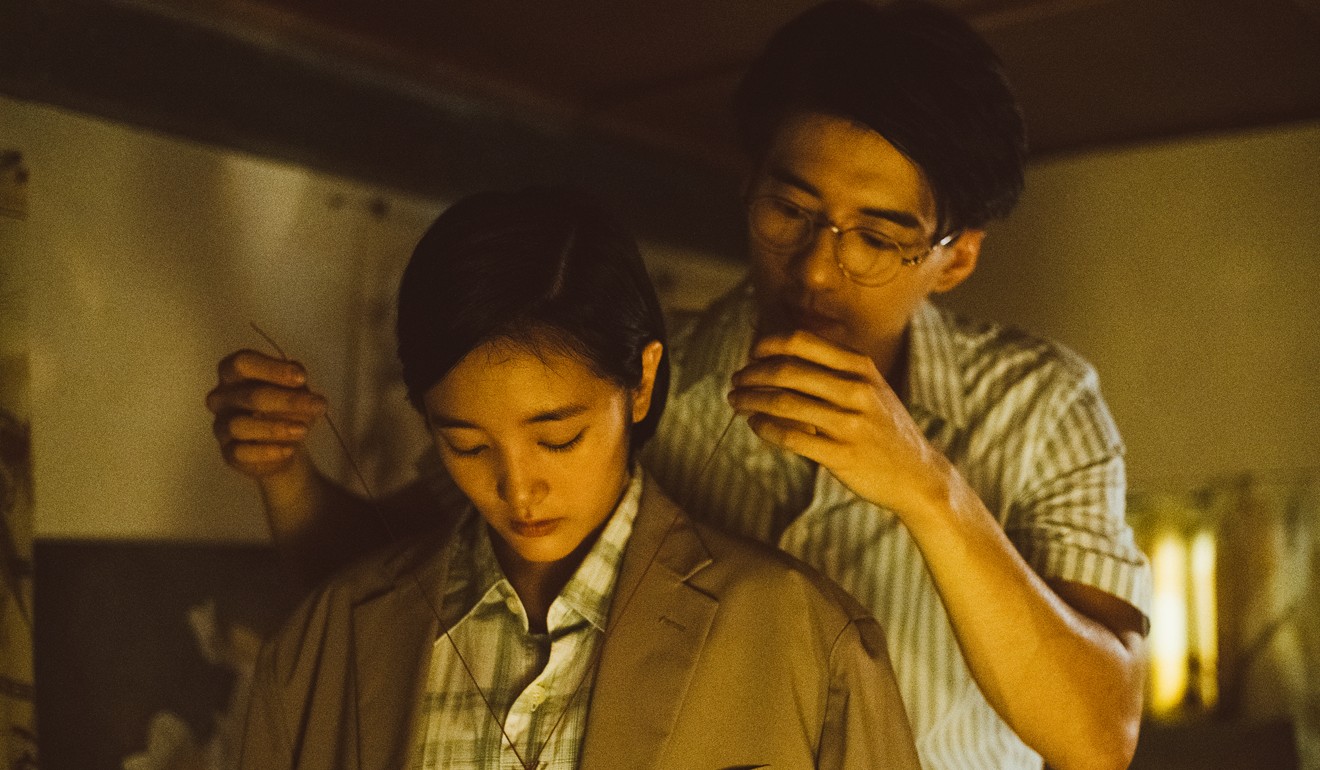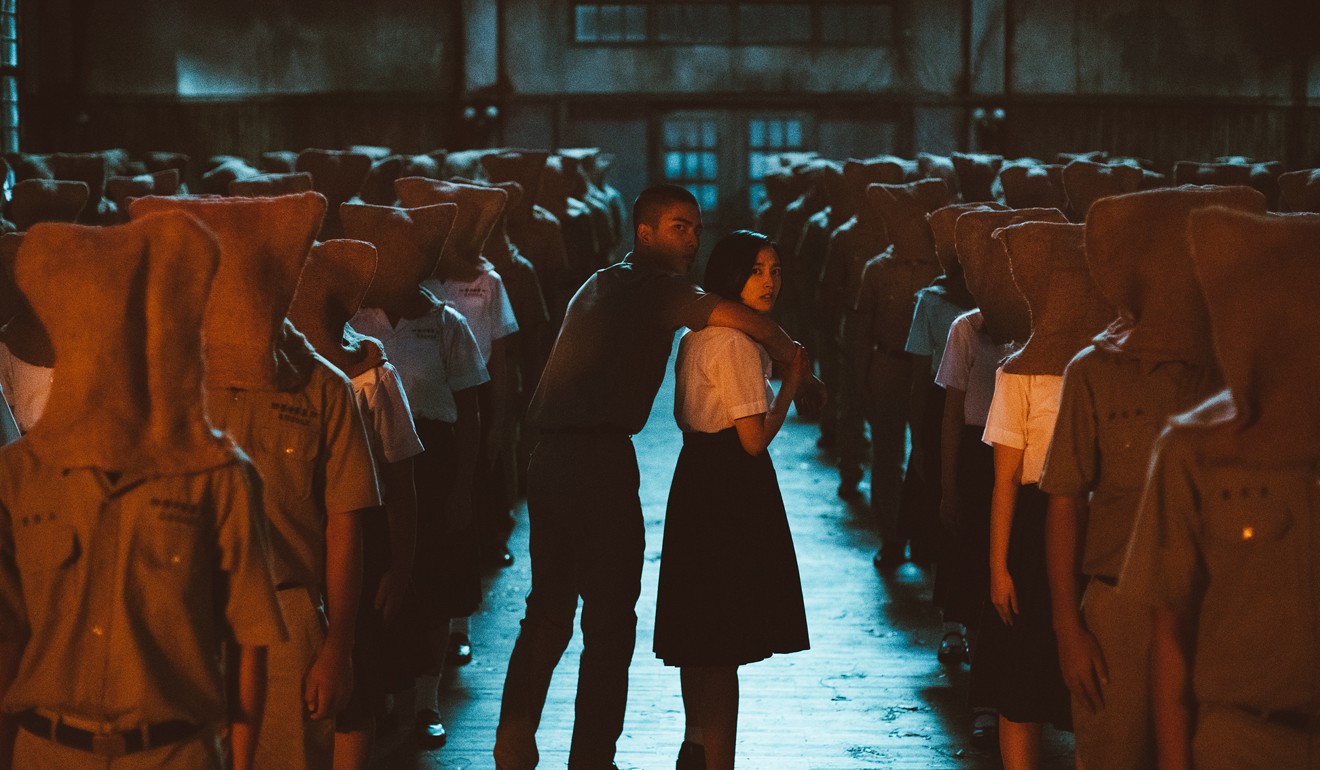Detention film review: Taiwan’s White Terror evoked in adaptation of fantasy horror video game
- Gingle Wang Ching and Tseng Jing-hua star in horror film set amid era of political repression in Taiwan
- The film, by John Hsu Han-chiang, won the best new director and best adapted screenplay prizes at the Golden Horse film awards

2/5 stars
The atrocities of Taiwan’s White Terror, a period of political repression, provide the chilling backdrop for John Hsu Han-chiang’s high-school horror film, for which he won the best new director and best adapted screenplay prizes at this year’s Golden Horse film awards.
Adapted from the side-scroller video game of the same name, Detention interweaves high school romance with fantastical scares, as a group of revolutionary teens risk their lives in 1962 to study literary works banned by the vicious Kuomintang (KMT) authorities.
Divided into three distinct chapters, “Nightmare”, “The Whistleblower”, and “The Ones Who Lived”, the film slowly reveals its mystery as classmates Fang (Gingle Wang Ching) and Wei (Tseng Jing-hua) navigate their dilapidated school during a violent storm.
Wei is infatuated with Fang, but she only has eyes for Mr. Zhang (Fu Meng-po), the handsome young school counsellor who runs their illicit book club. It soon becomes apparent that the grotesque creatures roaming the halls are figurative representations of the palpable threat personified by school administrator Bai (Yun Chung-yueh).
Fang escapes the authoritarian rule of martial law in much the same way Guillermo del Toro’s young heroine conjured a fantasy kingdom in Pan’s Labyrinth to avoid dealing with the horrors of the Spanish civil war.
Enhanced by heavy use of computer-generated imagery, Fang’s surroundings recall other video game adaptations such as Silent Hill. The effects work is a notable step up from the rudimentary animation of the game, but not enough to make the ghosts and demons feel like a real threat.

The actions of the KMT during its 38 years of tyrannical rule were infinitely more upsetting than the ghoulish activities from which Hsu attempts to mine the film’s scares. Ultimately they serve as little more than ornamentation; Detention’s true narrative is revealed to be one of misplaced jealousy and adolescent impulsiveness.
These problems are compounded by Hsu’s unnecessarily complicated screenplay, in which any legitimate sense of tragedy or terror becomes lost in a maelstrom of half-realised flashbacks, memories and delusions.
The film’s source material may be the primary draw for local audiences, but ultimately, what worked in the video game only serves to undercut the emotional impact of the drama on screen. The central story of betrayal and regret would play equally well in any historical setting, but nothing in Hsu’s hokey house of horrors can replicate the genuine fear of the White Terror era.

Want more articles like this? Follow SCMP Film on Facebook